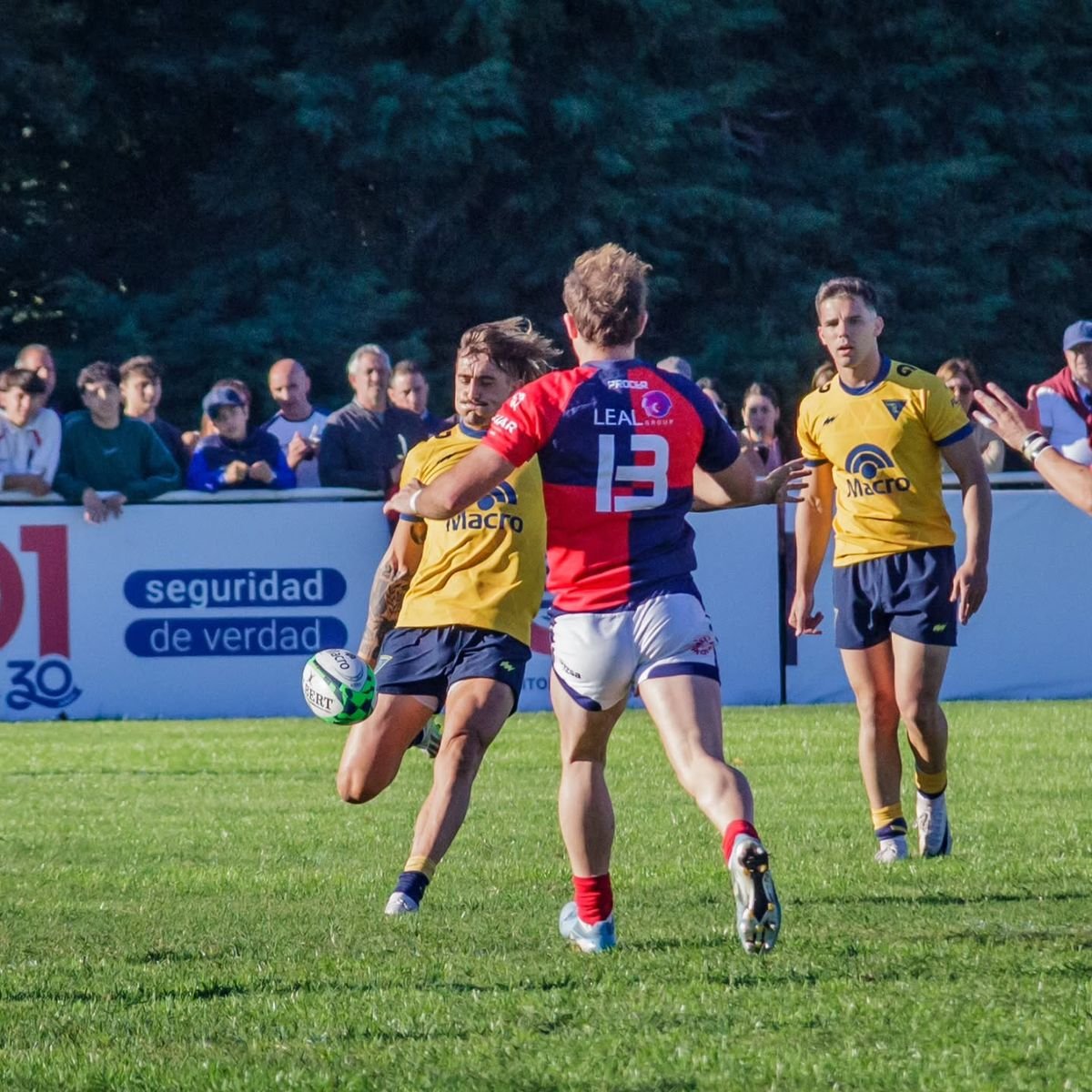When men move abroad, whether as digital nomads, expats, or long-term travelers, they often underestimate how deeply sports culture influences their social life and male identity in a new country. In the West, sports rivalries are often about entertainment and bragging rights. Abroad, however, they can shape perceptions of masculinity, trust, and belonging.
Understanding how these rivalries operate is not just about learning which team to support, it’s about reading the social code of the men you’ll meet, the cities you’ll live in, and even how you’ll be perceived as a foreigner.
1. Sports as a Marker of Tribal Identity
In much of the world, sports rivalries are tribal. They represent regions, social classes, and even political ideologies.
- In Argentina, the tension between Boca Juniors and River Plate isn’t just about football,it’s about class history. Supporting Boca traditionally identifies you with working-class grit; River Plate with old money elegance.
- In Turkey, Galatasaray vs. Fenerbahçe divides entire neighborhoods of Istanbul, influencing friendships and dating preferences.
- In Spain, Barcelona vs. Real Madrid goes beyond the field,it symbolizes Catalan nationalism versus Spanish centralism.
When you enter these spaces as a foreign man, your neutrality or your chosen side becomes part of your social fingerprint. Locals often use sports affiliations as shorthand for personality and loyalty.
2. Masculinity and Respect in Male Circles
Sports are a global language of masculinity. But how you engage with them abroad determines whether you’re seen as one of the guys or as an outsider.
In Latin America, for example, a man who can talk passionately about football earns immediate respect. It’s not about technical knowledge,it’s about energy and emotional expression. In Europe, however, confidence and tactical awareness carry more weight.
Foreign men who show curiosity and respect for local teams tend to earn quicker access to male friendship circles,especially in places where sports culture defines weekend rituals. A simple gesture, like buying a local team’s jersey or watching a match in a neighborhood bar, communicates humility and cultural awareness.
3. The Unwritten Rules of Rivalry
Each country has its own codes of conduct when it comes to rivalries.
Don’t wear rival colors in the wrong neighborhood. In cities like Naples or Belgrade, this can provoke serious hostility.
Don’t make light of defeat. In cultures where football is tied to national pride, mocking a loss can be seen as disrespect, not humor.
Don’t assume neutrality protects you. Sometimes, not choosing a side makes you appear disengaged or arrogant, especially in male-dominated spaces like local pubs or gyms.
Understanding these dynamics helps you navigate male hierarchies abroad with tact. Men who adapt to these unwritten rules often find themselves invited into deeper social circles.
4. The Economics of Sports Status
In some countries, sports affiliation also signals social status. In Brazil, elite clubs attract wealthier fans, while neighborhood teams represent the working class. In England, corporate tickets at Premier League matches are often tied to networking opportunities among the middle and upper classes.
For foreign professionals or digital nomads, knowing these distinctions matters. Attending the “right” match or joining the “right” supporters’ club can open business doors. Conversely, associating too strongly with a rival group might close them.
5. When Rivalries Become Brotherhood
Paradoxically, the very rivalries that divide locals can unite foreigners and nationals. When men from different backgrounds gather to watch a match, they enter a shared emotional space,one where language barriers fade and camaraderie takes over.
A man who celebrates passionately but respectfully, who understands the history behind the rivalry, earns credibility fast. That kind of authenticity builds friendships that can last long after the match ends.
6. Lessons for the Globally Minded Man
Sports rivalries abroad teach a larger truth about male social dynamics: men respect commitment and context.
To thrive socially in a foreign country, don’t just consume its sports, understand what they mean. Learn the rivalries, the chants, the legends. Know when to talk, and when to listen.
Because abroad, a match is never just a match. It’s a ritual a display of loyalty, identity, and belonging. And how you participate in that ritual can elevate or erode your social standing among men who’ve lived by those rivalries their entire lives.
Final Thought:
For the Passport Champ, mastering the social art of sports rivalries is a subtle but powerful form of cultural intelligence. It signals respect, strength, and the ability to read male hierarchies skills that matter far beyond the stadium.
When you travel, pay attention to the games men play. They’ll tell you far more about a nation’s soul than any travel guide ever could.













